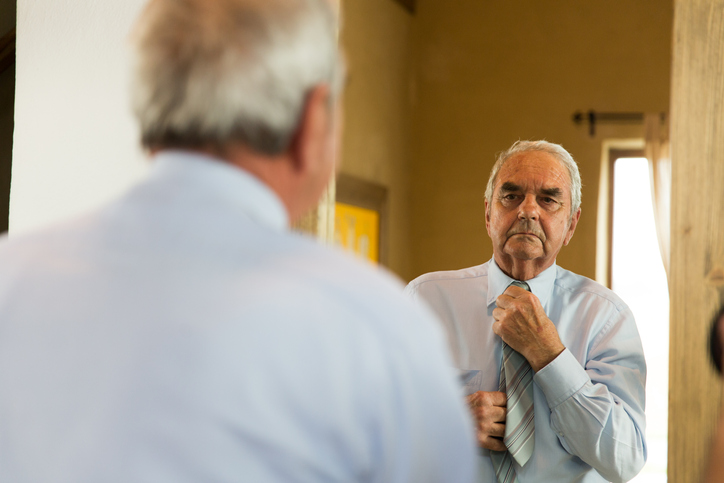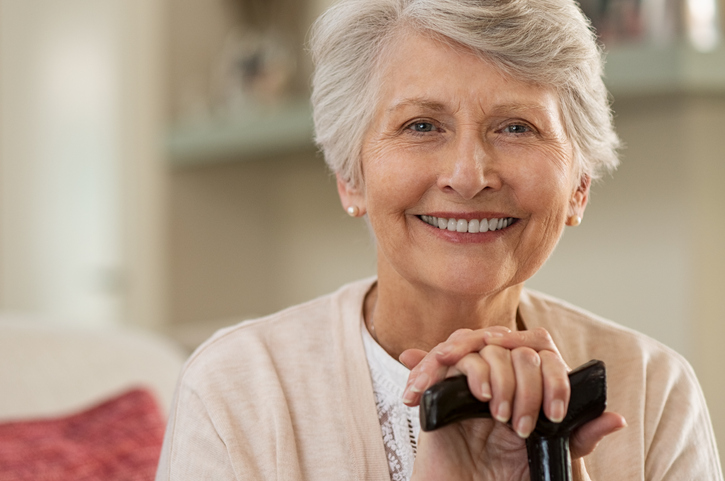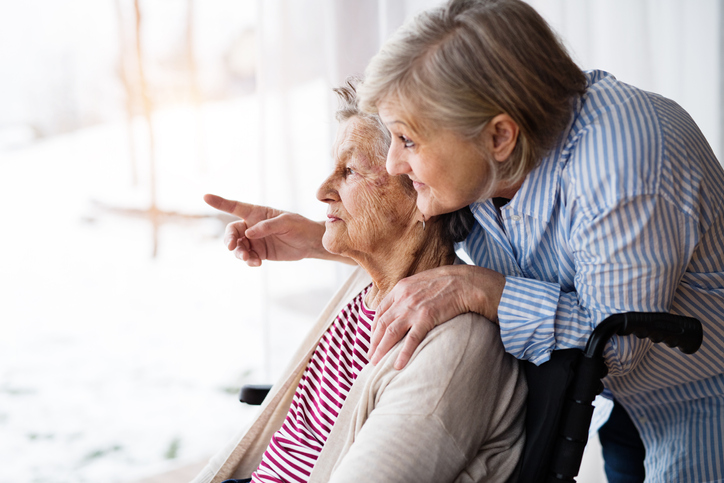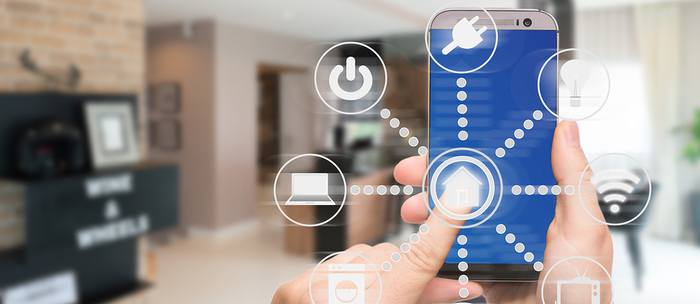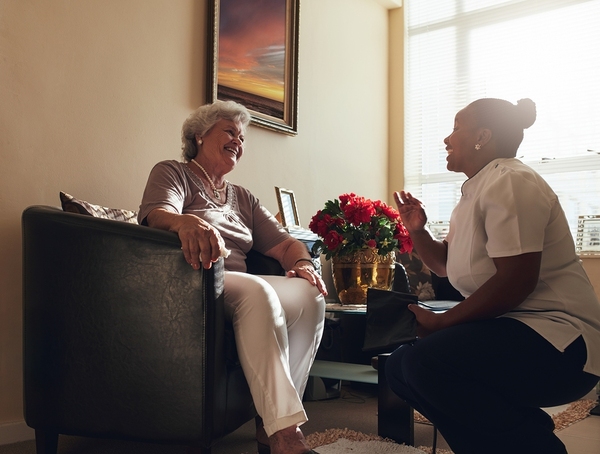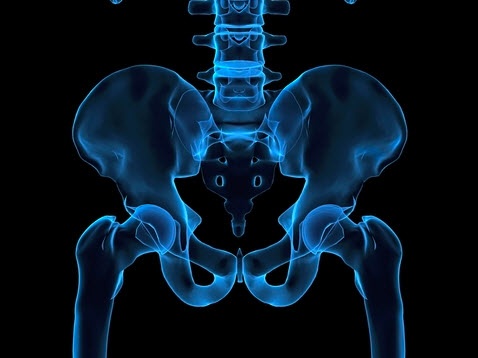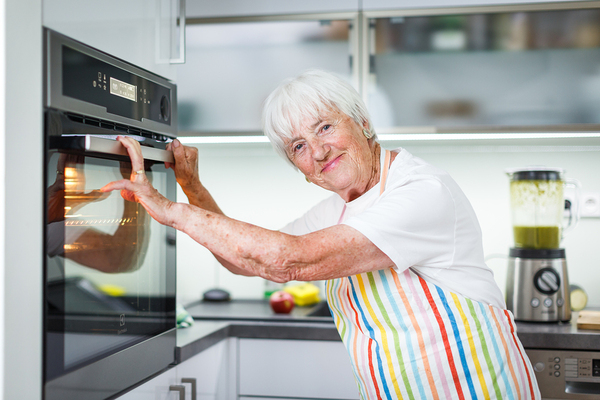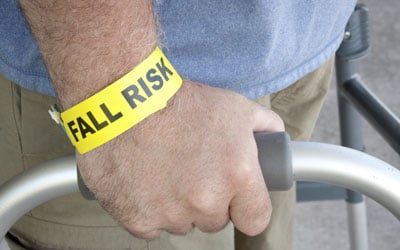A third of all older adults fall every year, but less than half of seniors discuss fall-related concerns with healthcare providers, according to the Centers for Disease Control and Prevention (CDC). This is particularly troubling considering that falls are the leading cause of both fatal and nonfatal injuries in seniors. Read on to learn more about falls and older adults, along with preventative measures caregivers can take to ensure the ongoing health and safety of the seniors in their care.
A Closer Look at Falls and Seniors
Millions of older Americans fall every year. Just how severe is the problem? The CDC determined that in 2013 alone, U.S. emergency rooms treated 2.5 million nonfatal senior falls resulting in 734,000 hospitalizations. Common fall-related injuries include lacerations, hip fractures and head traumas. Unfortunately, these injuries can not only detrimentally impact your aging loved one's mobility and independence, but can also increase the risk of premature death.
In addition to injuries from falls, seniors also suffer from another troubling phenomenon: fear of falling. Even seniors who survive falls with no injury can develop a fear of falling, leading to limited activities and loss of strength and flexibility. Unfortunately, this becomes a vicious cycle: the corresponding decrease in physical fitness may actually increase the risk of actual falls.
Read More

